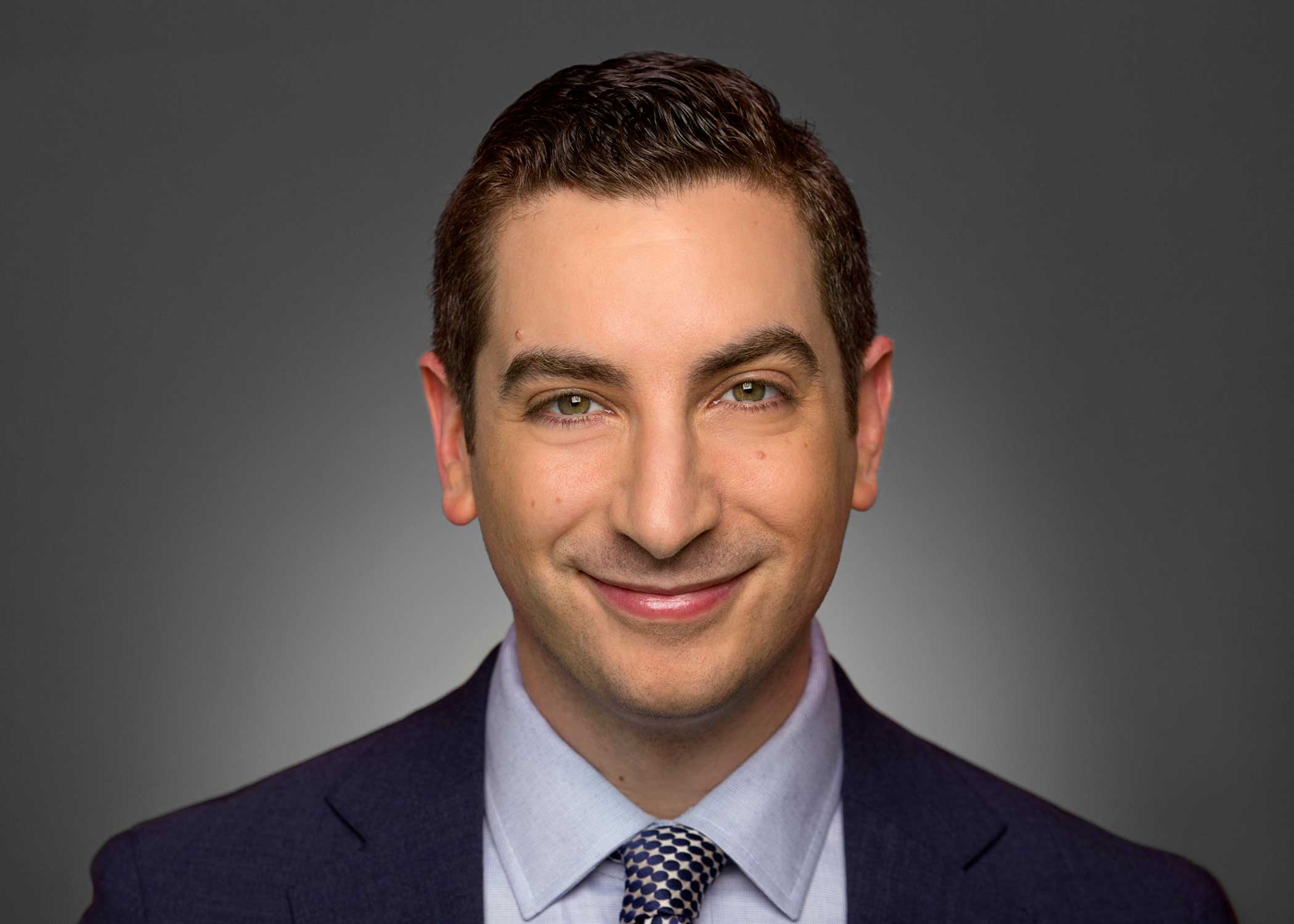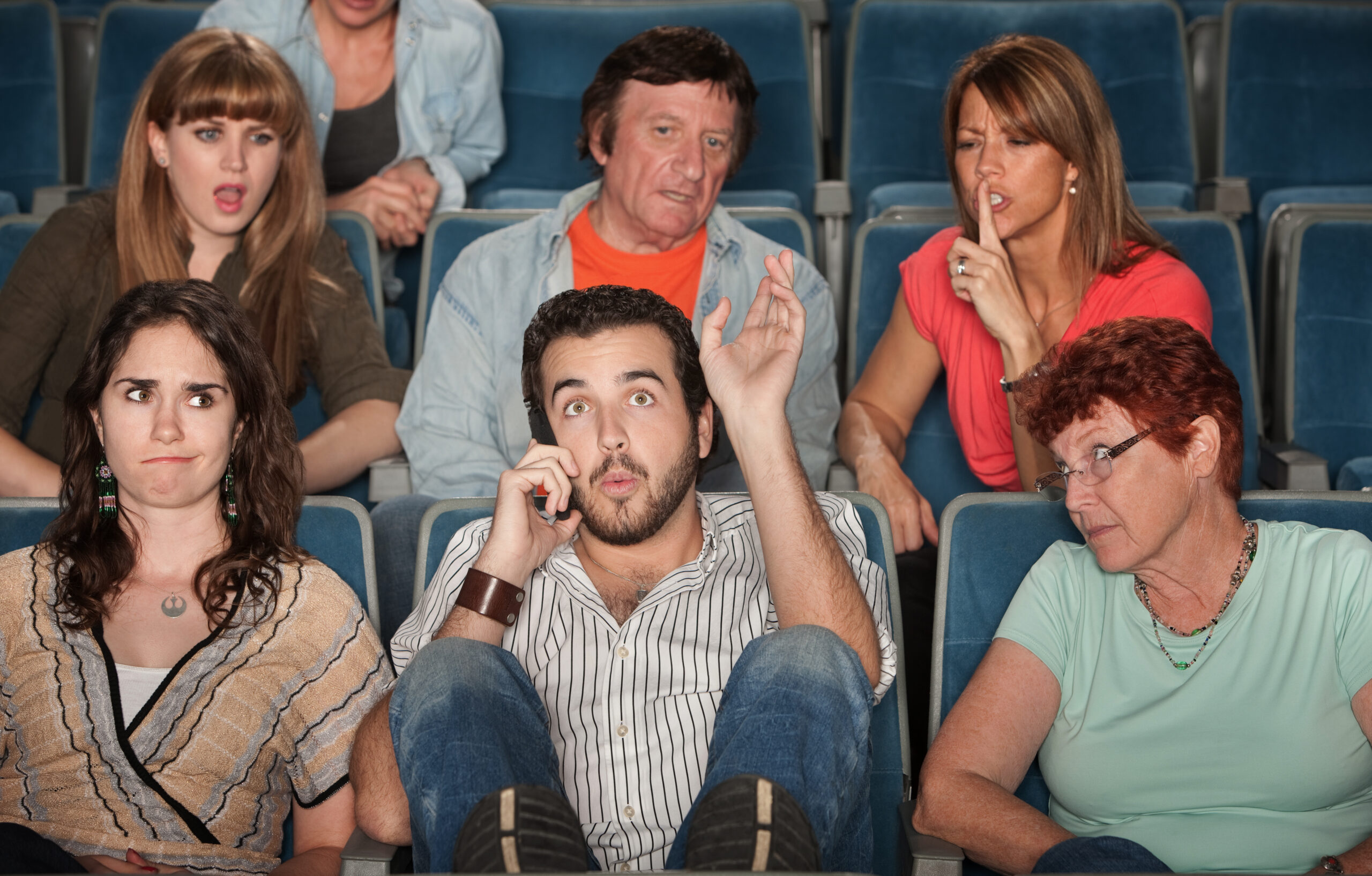Beetlejuice Eviction Day-O: Theater’s and Patron’s Rights and Remedies
By Ethan Krasnoo
Last week, as widely reported, U.S. Representative Lauren Boebert was ejected from a Denver performance of the national tour of Beetlejuice, a musical based on the cult-favorite movie of the same title that played on Broadway until early 2023. According to The Denver Post, Boebert was escorted out of the theatre after “causing a disturbance,” with venue officials and media reporting that the Colorado politician vaped during the performance, sang along with and recorded the show, and engaged in other inappropriate behavior. Boebert is not the first public figure to be escorted from a live theatrical event for causing a disturbance. For example, in 2014, Shia LaBeouf was arrested after causing a disturbance during a performance of the Broadway revival of Cabaret. And, of course, evictions from theatrical venues for disturbances are not just limited to celebrities, with some theatrical disturbances escalating so much as to shut down the entire performance. Earlier this year, a touring production of the stage version of The Bodyguard cancelled a show roughly 10 minutes before its conclusion in Manchester, England, after patrons refused to stop singing along, which led to evictions and evacuation of the theater after what some patrons on social media described as “fights in the aisles” and even “a mini-riot.”
In all these instances, the evictees had lawfully purchased tickets to the theatrical production. In cases where, as here, the patron had entered into a legally binding contract with the theater in which the theater is providing a service in exchange for payment, when does a theater get the right to evict a customer who pays for their ticket? The answer lies in the nature of the contract. A patron’s contract consists of a “license” right from the theater to be present, which is revocable at will. This is distinct from, say, a property right that a renter has with the home he or she pays rent to live in. Even absent a written or oral contract spelling out the rights of eviction, there is likely a contract implied, which would allow a theater to, in good faith, revoke its temporary license of access to the patron and remove them – in a non-discriminatory manner – if good cause to do so exists in the reasonable opinion of the theater management, including when a patron is causing a disturbance.
However, once individuals are evicted from the theater, what rights, if any, do they have to receive reimbursement for the tickets? A patron may very well have a claim for breach of contract for the price of the tickets previously paid for the performance that they were excluded from seeing in full. In some instances, the theater may voluntarily provide that refund. But whether a theater must repay the ticket price is a complex and fact-specific question. For patrons who walk up to the box office and purchase tickets there, the contract they are entering into with the theater is not typically spelled out in writing or orally, nor provided to the patron prior to attendance at the event. However, some theaters may make clear at the time of sale through an oral contract that refunds are excluded. As discussed above, absent a written or oral contract, an implied contract may exist under the law, but whether it would cover the question at hand is unclear.
A patron who purchases a ticket online instead of in person might, in fact, click through or otherwise approve as part of the purchase process an agreement on the website that limits their right to refunds in all circumstances, absent perhaps a show cancellation. Online platforms generally have terms associated with ticket purchase that indicate all sales are final and tickets are not refundable. Still, without a specific contract explicitly stating that funds paid for attendance are forfeited when a patron is removed from the venue, such funds could legally be due back to the patron.
 This article is intended as a general discussion of these issues only and is not to be considered legal advice or relied upon. For more information, please contact RPJ Partner Ethan Krasnoo who counsels clients in areas of complex commercial litigation, arbitration, mediation and dispute resolution, and employment, intellectual property, and entertainment and media. Mr. Krasnoo is admitted to practice law in New York, the United States District Courts for the Southern and Eastern Districts of New York, the United States Court of Appeals for the Second Circuit and United States Tax Court.
This article is intended as a general discussion of these issues only and is not to be considered legal advice or relied upon. For more information, please contact RPJ Partner Ethan Krasnoo who counsels clients in areas of complex commercial litigation, arbitration, mediation and dispute resolution, and employment, intellectual property, and entertainment and media. Mr. Krasnoo is admitted to practice law in New York, the United States District Courts for the Southern and Eastern Districts of New York, the United States Court of Appeals for the Second Circuit and United States Tax Court.

